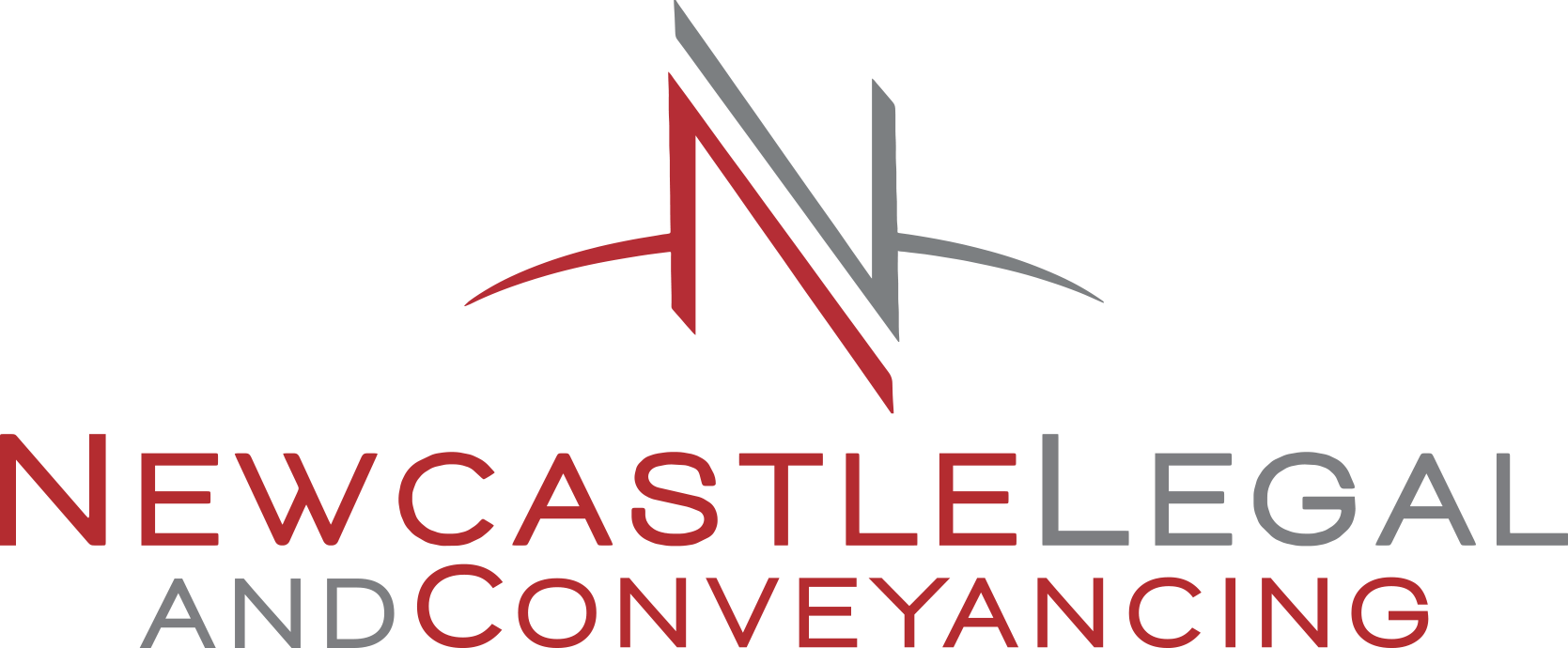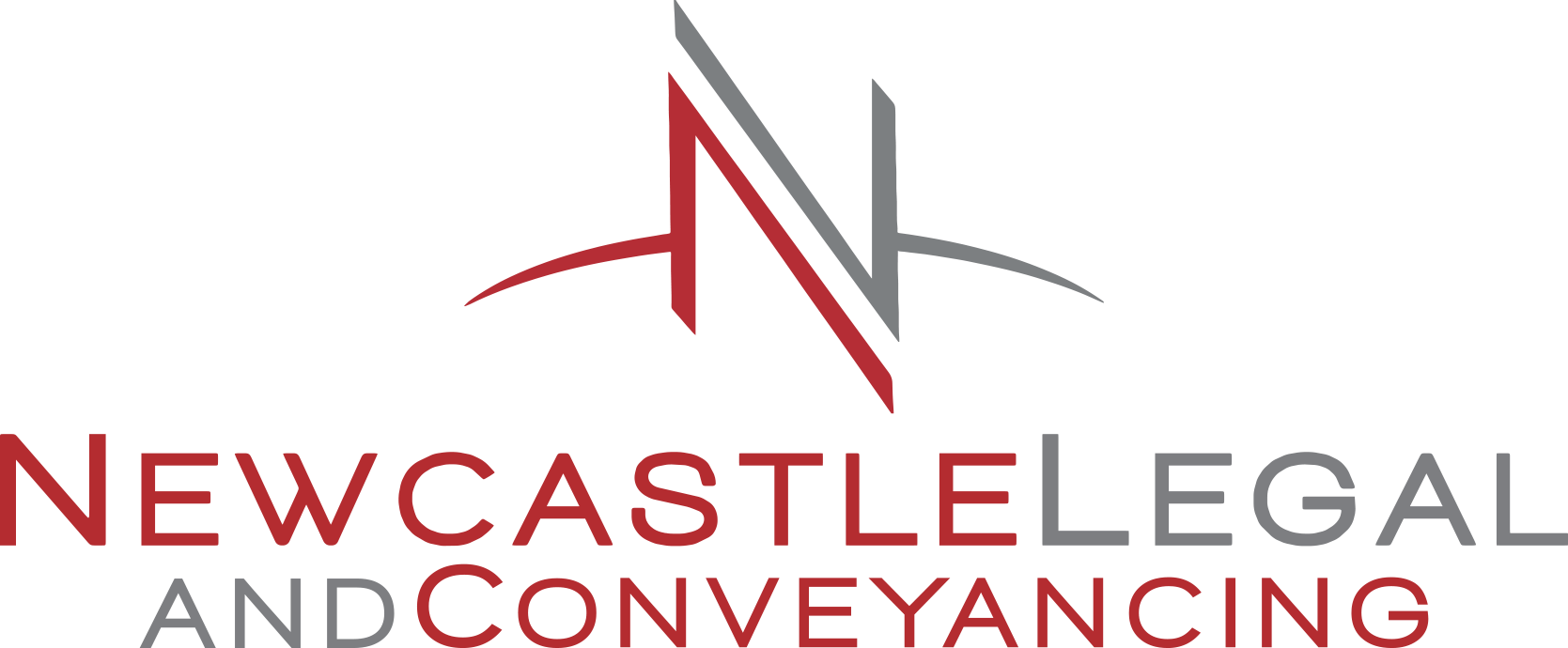Copyright Law Lawyers Newcastle Book an appointment online for a time that suits you
How we can assist you
- reviewing and housekeeping;
- enforcing copyrights;
- preparing copyright licences; and
- ensuring appropriate and timely legal planning.
- whether there is a work in which copyright can subsist;
- whether copyright does subsist;
- whether the party seeking to enforce the copyright in fact owns the copyright;
- whether copyright in the work has been infringed including:
- whether a substantial part has been taken; or
- whether there is objective similarity and a causal connection; and
- whether there are any defences to copyright infringement.
Book an appointment online at a time that suits you
Our Newcastle Copyright Law Lawyer
Michelle Whitehead
Consultant Lawyer
LLB(Hons) LLM(Hons)
FAQ
- What is a copyright?
Copyright is a form of legal protection against unauthorised reproductions and public disseminations of an original work.
- If a copyright must be original does it mean that it must be unique?
- No. Under Australian copyright law the concept of originality means that it is not copied from anything else.
- The work must be the product of the author's:
- own time;
- labour;
- skill; and
- judgment.
- I want to copyright my idea. What should I do?
- Copyright does not protect ideas. You should review your business plans with an intellectual property lawyer to determine the best form of protection.
- The ability to protect can be lost if you do not initiate registration for patents and designs before disclosing them. You should seek this advice at the outset.
- Our LegalPlan™ membership will allow you to ask lawyers for a Fixed-Fee Quote on your matter.
- Are there any other conditions for copyright protection?
- Yes. The author of the work must be a citizen or resident of Australia or a country that is a signatory to a copyright convention. In practice this includes most of our major trading partners or the work must have been first published or broadcast in Australia or a convention country.
- If you have any concerns you can use our free and anonymous Ask a Lawyer service to get information specific to your situation.
- Do I have to register my copyright?
- No. In Australia there is no system of registering copyright works and therefore no cost.
- You should consult a copyright lawyer to ensure that you do actually own copyright in a work particularly if the work was created by an employee in your employment or by third party contractor.
- You can use our Phone a Lawyer service to get a preliminary consultation about your situation.
- Will my copyright be protected outside Australia?
- Generally yes. Australia’s major trading partners are members of a number of international copyright conventions.
- In some countries like the US you may need to register copyright in order to enforce it in court.
- What are economic rights?
- Economic rights are exclusive rights granted to the copyright owner to prevent others from commercially exploiting the copyright protected work without authorisation.
- The following economic rights are associated with artistic works:
- reproduction;
- communication to the public; and
- publication.
- What are moral rights?
- Moral rights are personal rights that protect the integrity and attribution of the creator such as:
- the right of integrity;
- the right of attribution; and
- the right against false attribution.
- What are performers’ rights?
- These are personal rights preventing:
- unauthorised recordings;
- broadcasting and other uses of the performance including:
- copying;
- selling;
- hiring;
- distributing;
- importing; and
- possessing copyrighted material.
- What is ERMI?
- Electronic Rights Management Information or ERMI is a term given to information that is attached to a work so as to identify the author of the copyright work. It includes:
- the name of the author;
- the details of the author;
- the name of the work; and
- whether a licence can be obtained for reproduction or use.
- Removing ERMI from any work is recognised as an offence under copyright law.
Q&A
- I have reproduced someone else’s work. I am sure they will not mind. Is this ok?
Question
I work for an architect firm. I was looking over my colleague’s work at the workplace and noticed a draft idea for a new building design mentioned on the back of the paper. I thought it was a fantastic idea and am sure that my colleague who is also my good friend will not mind if I reproduce it. Can I do this?
Answer
- In virtually all cases you should seek permission from the copyright owner. However there are some exceptions to copyright infringement.
- There is no copyright infringement if you deal fairly with copyright protected work for any of the following purposes:
- reporting news;
- research or study;
- criticism or review; or
- professional advice given by a lawyer, patent attorney or trade mark attorney.
- Factors deciding what use is fair include:
- the purpose and character of use;
- the nature of the work;
- the amount and substantiality of the portion copied; and
- whether the material is used for commercial purposes.
- Other exceptions to copyright infringement include:
- the incidental and automatic copying of software resulting from the process of normal use of the program or for back-up purposes will not infringe copyright;
- decompiling;
- reverse-engineering;
- reproducing or adapting a computer program to make an interoperable product;
- testing its security; or
- correcting an error if the required information or error-free copy is not otherwise available;
- copying a sound recording which you own or recording of broadcasted material for private and domestic use;
- use in judicial proceedings and their reporting;
- the public performance of copyright protected work at premises where people reside or sleep such as at home or in an institution; and
- libraries, museums, galleries and archives are allowed to reproduce material in their collections for students for fair dealing purposes, for members of parliament and for the government without infringing copyright.
- If it does not have the © then is it not protected by copyright?
Question
I was looking over my electronic art blog and noticed that I have drawn some amazing cartoons over the year. I have not put a © on my work and am now worried that someone can take it from the online blog and reproduce it. Is my work not protected?
Answer
- No. In Australia there has been no formal requirement to mark your work with the copyright symbol. In fact there are no formalities at all. Copyright is created in a work once it is fixed into a tangible medium of expression.
- It may improve your position by including a copyright notice as it may dissuade others from copying your work. However it is not necessary.
- If I change 20% of the work will I be OK?
Question
I read this fantastic short story the other day and thought changing it slightly may allow me to write a new best seller. Can I do this as I will be changing some of the story completely?
Answer
- No. This is another very popular myth and people use various percentages for example 10% or 15%.
- Copyright is infringed when a person deals with a substantial part of a copyright protected work without authorisation from the copyright owner.
- Dealing with a substantial part of a copyright protected work does not necessarily refer to using a large amount of the work. It is assessed qualitatively rather than quantitatively.
- I found work online and it is in the public domain. Is it free for me to use?
Question
I saw this amazing photograph of a few birds and think it will make the best logo for my new line of t-shirts. The photograph was published online in the public domain. Can I use it for free?
Answer
- No. Works are not free to use because they are online. You must obtain express permission before you can use another’s works.
- You are also not permitted to use a work if you link back to the copyright owner or credit the creator. It may be that they are in fact happy for the publicity or traffic flow. However you do need to obtain specific permission first because you could be infringing copyright.
- Do I need to seek permission if I use a copyright protected work for charity purposes?
Question
I want to use an image of a clown as a logo for our sick kids charity. I found an excellent image online but it is copyright protected. Do I still need permission even if I am using it for a not-for-profit purpose?
Answer
- Yes. You must get permission to use any image published online if:
- it is copyright protected;
- the copyright has not expired;
- you use a substantial part of the image; and
- your use is not a special exception under the law.
- Since you intend to use the whole image your use will not be considered as a special exception under the law. The law does not recognise not-for-profit use as a special exception.
- You must get permission from the copyright owner prior to using the clown image. Chances are if you tell the owner that you intend to use the image as a logo for a charity they may be willing to either give you permission to use the image without cost or for a reduced cost.
- Is copyright protection sufficient to protect my company logo from copyright infringement?
Question
I designed a logo for my new company. My friend told me that no one will be able to copy my logo because it is automatically protected under copyright laws. Is copyright protection enough to protect my interests?
Answer
- Although copyright protection offers content creators with some sort of protection against copyright infringement it is a good idea to consider getting your logo registered as a trademark.
- There is a registration fee but it offers greater protection than copyright because it is registered with IP Australia.
- I want to sue more than one person. How can I do this?
Question
I used to work for a clothing company and there were two directors. They both did the wrong thing by me and owe me wages. I want to sue them both because they are both responsible. How can I do this?
Answer
• In certain circumstances two or more people can be joined as defendants in a civil case. This is referred to as a ‘joinder’.
• There are certain situations where this may be permitted such as where:
o there is a common question will need to be determined in all the cases even though the defendants are separate;
o the defendants are jointly liable under a contract; or
o the relief claimed relates to:
the same transaction or
the same series of transactions.
• In your case both the directors would probably be jointly liable under your employment contract.
o However the answer to your question depends on the exact terms of your employment contract.
o You will need to get some specific legal advice about your employment contract and how the law applies to your situation.
- How can I prove I own the copyright?
Question
I own the copyright over a script I had written and published online. I am worried that someone is going to use it without permission and acknowledgment. If someone does use it how can I prove that I own the copyright?
Answer
- Unfortunately in Australia there is no registration system for copyright and any dispute about who owns copyright must be resolved in court.
- It is a good idea to keep a record of your work in case you need to prove in court that you created the script. Records can include:
- drafts or writer’s plans;
- any research you did to write the script;
- who you discussed your work with;
- who read or edited your work; and
- when and how you published your work online.
- You must be proactive if you think someone infringes your copyright. This may mean taking legal action against the person who infringed the copyright.
- Can I photocopy a book for my use?
Question
I am a university student and due to struggling finances cannot afford to buy a textbook. Is it okay for me to photocopy the book at my university library?
Answer
- Textbooks are copyright protected and photocopying them in entirety would be considered as a copyright infringement.
- Students are generally entitled to copy a reasonable portion for research and study purposes. This usually means one chapter or 10% of the pages from a book.
- Are there any restrictions on how I can use my own work?
Question
I design computer programs as a hobby. I want to know if there are any restrictions on how I can use my new computer program.
Answer
- As an owner of the copyright you have the exclusive or absolute right to do whatever you want with your work including:
- reproducing it in any manner; and
- sharing it through any medium and to any persons in the public.
- Since you own the copyright for the new computer program you have made you may also choose to rent out CDs containing your program for testing and distribution purposes.


